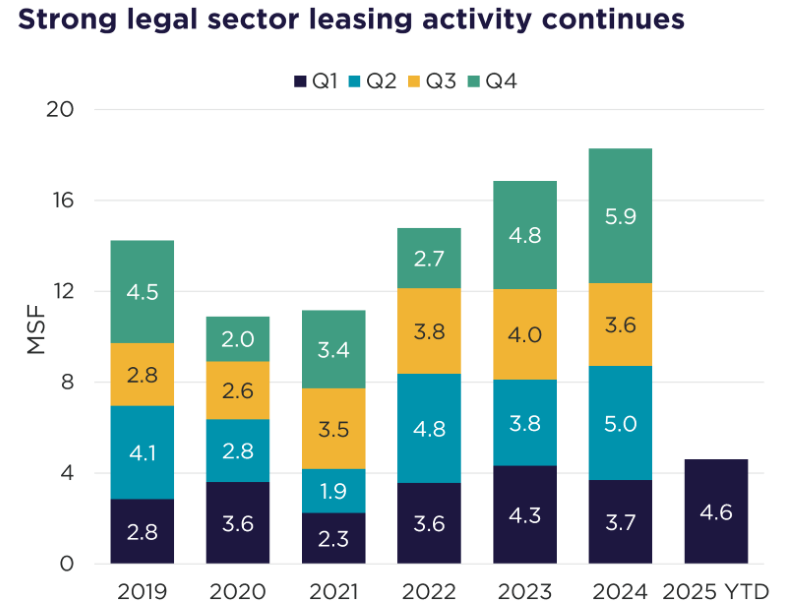Recruiting the Next Generation of Property Managers
Industry veterans share insights on evolving best practices for training professionals in the field.
The practice of recruiting and training the next generation of property managers has evolved with the advent of new technologies and tenant needs. Many industry jobs have shifted focus from maintenance to assisting tenant experience through technology and hospitality skills.
When building teams comprising professionals who are newer to the workforce, veteran property managers place an equal emphasis on technical acumen and people skills—key adaptations to a more customer service-centric industry.
One of the key indicators of property management’s shifting role is an increasing emphasis on sophisticated, yet practical technical knowledge. These areas range from proptech platforms to market intel and economic fundamentals.
Eye on data
Key to the manager’s expanded problem-solving responsibilities is an eye for analyzing property data, from foot traffic numbers to carbon emissions. The skill is increasing in importance as property management and its associated technology plays a central role in building design and operation.
“The sophistication has gone up significantly,” said Randel Waites, principal & managing director of the Real Estate Management Services Group at Avison Young. Waites told Commercial Property Executive. “It’s not just Excel, operating expenses and property taxes. It’s about what you can bring in terms of applying bigger systems with data analytics,” he said.
Noting how this affects the qualifications for property managers, Waites said, “We’re kind of becoming a tech company that does real estate, and that changes fundamentally what we are looking for.”
READ ALSO: CRE Brokers Power Through Decline in Deals
With the technical focus comes increasing tenant expectations, especially for enhancing the value of investments, notes Dennis Skelly, national director of property management at Stream Realty Partners. The firm’s property managers advise clients on market intel, trends, capital improvements, asset repositioning strategies and leasing decisions, all with the aim of boosting value.
In Stream’s portfolio, that translates to helping get tenants and employees back to the office, a task that had not existed in the past for property managers. “It requires a different mindset and way of thinking when it comes to property management and customer service,” Skelly said.
Those skills factor into Skelly’s hiring process. “I would like to understand what their financial literacy is— understanding budgets, operating statements, analyzing internal investment, the types of systems that they have worked with, and types of projects that they have worked on,” he said.
Client-facing skills
Though the breadth of technical skills for success in property management has changed, the requirement for other qualities have not. “The ability to be client-facing is always critical,” Waites said.
According to Skelly, communication skills should rise to those expected in hospitality. “From a personal standpoint, I really look for who the person is,” he said. “At Stream, our core values are nice, smart, honest and passionate.” To find team members who embody those qualities, the firm has sourced talent from hospitality. “There is a high level of service that they live and breathe every day, and that will translate well into some of the offerings in our office properties,” he added.
Along with the skills that make for effective and personable property managers, the places where they are developed, as well as where recruiters can seek them out, have also changed.
Skelly cited the opportunity for college undergraduates to get experience in the field, with schools such as Virginia Tech and Brigham Young University offering property management programs.
“We are having a lot of success identifying candidates right out of college who went to school, studied it and have experience coming into the industry,” he reported.
Waites advocates for membership on local Building Owners and Managers Association boards and attending national and regional industry events. “They’re the best way to source people, and to get to know your competitors” he said. “We’ve all heard about the six degrees of separation, but real estate is more like 3,” he concluded.










You must be logged in to post a comment.